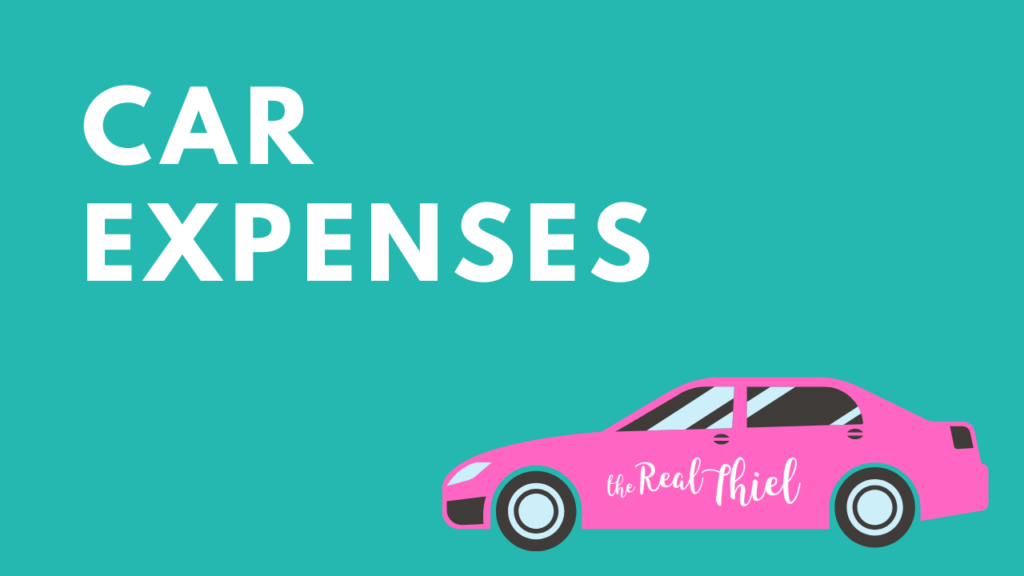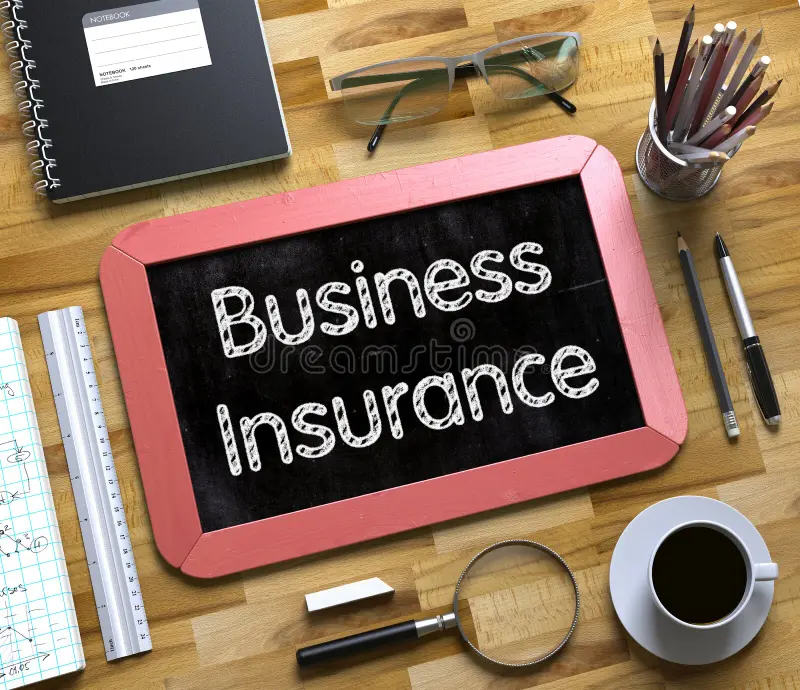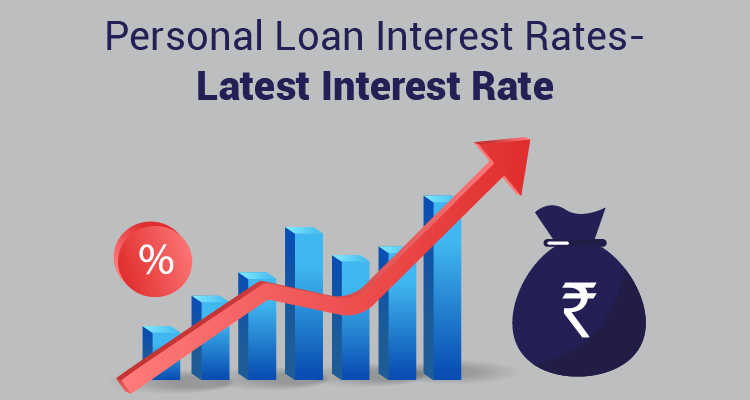Running a home-based business offers financial benefits, but it’s essential to understand how to protect your net income, claim eligible expenses, and minimize your taxes. Here are some common expenses you can deduct when operating a home-based business in Canada:
If you use a portion of your home as an office for your business, you can deduct a proportion of your home expenses. To be eligible, your home should either be your principal place of business or regularly used solely for earning business income.
Calculate the deductible portion by dividing your home office area by your total home area. For example, if your office is 200 sq. ft. in a 2,000 sq. ft. home, 10% of home expenses may be deductible.
Expenses include heating, electricity, water, home insurance, mortgage interest, cleaning supplies, property taxes, repairs, and maintenance.
Office supplies like printer paper and pens are fully deductible. Office fixtures and equipment, such as desks and computers, are considered capital items and can be depreciated over several years according to Capital Cost Allowance rules.
If you use your car for business purposes, you can deduct a portion of vehicle expenses. Keep a detailed travel log indicating dates, destinations, purpose, and distance traveled. Deductible expenses include fuel costs, parking, insurance, leasing costs, maintenance, and repairs.
Advertising costs for your home business can be expensed. The deductible amount varies depending on the type of advertising, with many forms being 100% deductible.
50% of business-related meal and entertainment expenses are deductible. Exceptions include staff events, parties (up to 6 events/year), and charity fundraisers, where 100% of the cost can be deducted.
Fees paid to lawyers, accountants, and other professionals for your business are fully deductible. Membership fees for professional associations can also be deducted.
Premiums for business-specific insurance coverage, including liability and equipment, are deductible. However, life insurance premiums can’t be deducted unless the policy is used as collateral for a business loan.
Interest paid on loans used to finance your business is deductible, as are bank charges and service fees.
You can deduct the cost of attending up to two business-related conventions a year. These events should be directly related to your business.
Your business can claim deductions for charitable donations, up to 75% of your net income. Note that these deductions cannot create or increase a business loss, but unused expenses can be carried forward for future years.
In conclusion, managing your home-based business’s finances and taxes can be challenging, but maintaining thorough records and receipts will make the process smoother. To maximize your tax benefits, take full advantage of the eligible home office expenses. Additionally, consider using tax preparation software like TurboTax, especially if your returns involve freelance income and more complex tax situations.






